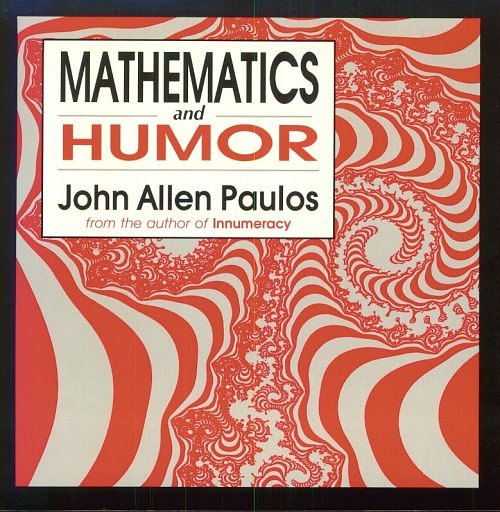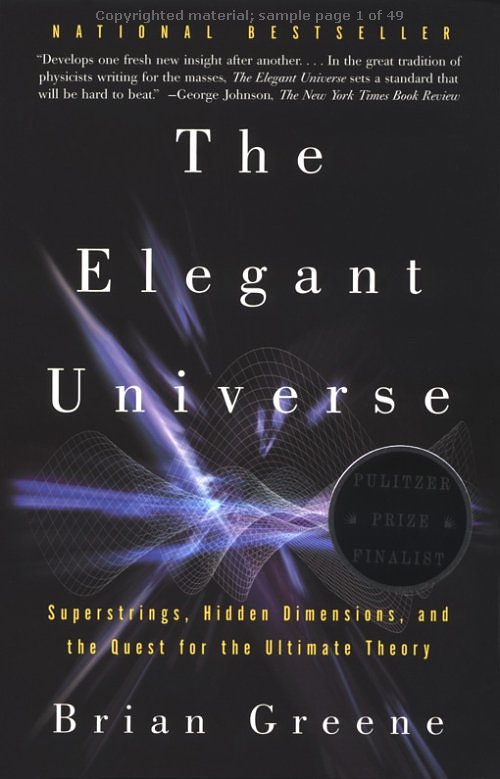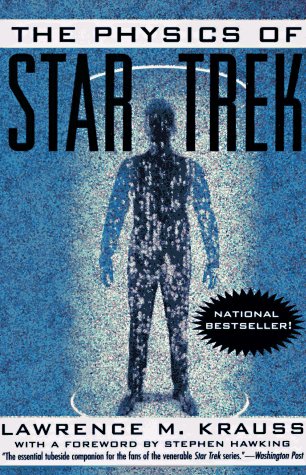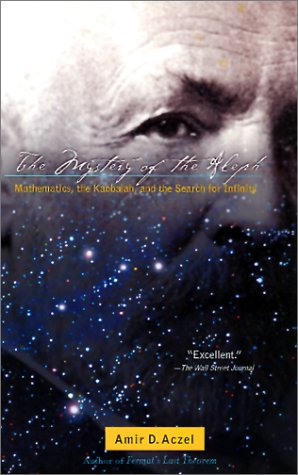|
|
in Physics and Mathematics updated 25.June.2003 |
 |
||||||||||
|
|
|
|
||||||||||
|
||||||||||||
|
||||||||||||
|
|
|
|
|||||||||||||||||||||||||
In winter quarter, the physics seminar
will read Alice in Quantumland (a fanciful, intuitive introduction
to the wonders of quantum mechanics), Physics and Philosophy (a
classic by Werner Heisenberg, one of the inventors of quantum mechanics)
and selected articles. Our goals include:
|
|||||||||||||||||||||||||
| . | |||||||||||||||||||||||||
In winter quarter, the math seminar
will finish reading Chaos by Gleick (a modern classic about an
exciting new field of math and science) and Mathematics and Humor
(by the author of Innumeracy and A Mathematician Reads the Newspaper).
Our goals include:
|
|||||||||||||||||||||||||
| . | |||||||||||||||||||||||||
|
|
|||||||||||||||||||||||||
|
|||||||||||||||||||||||||
|
|
|||||||||||||||||||||||||
In fall quarter, the Math Methods and Physical
Systems programs will seminar on The Mystery of the Aleph: Mathematics,
the Kabbalah, and the Search for Infinity, and Chaos. Our
goals include:
|
|||||||||||||||||||||||||
|
|||||||||||||||||||||||||
|
|
|||||||||||||||||||||||||
|
|||||||||||||||||||||||||
|
|||||||||||||||||||||||||
... DETAILS ...
|
|
|
|
| Read the assignment. Write in the margins ("an unmarked text
is an unread text"). Take notes. Write down key points and significant
questions, noting page numbers for reference. Bring these to
your triad meeting.
Meet your triad. Discuss the reading. Bounce interpretations and questions off each other. Answer each other's questions of fact. Together, agree on 3 key points and 3 significant questions that you as a group will contribute to the seminar discussion. Key points - these are important to the author. Try to put yourself in the author's shoes. Articulate each point in your own words and reference appropriate page numbers from the text. Significant questions - these go beyond mere questions of fact and probe core issues and subtleties of the reading. Then post your points and questions on WebX as a team. Take turns posting each week, and include names of all team members who met. Write a one-page essay on the reading. Your essay must have
two parts: a summary of your understanding a key aspect of the
author's message, and your own response. Include one or two quotes and
page numbers for reference. Proofread and check to make sure
you followed Finkel's
Rules or your essay may be returned unread for repair.
Post your essay as an attachment to WebX. Print out a
copy for class tomorrow. |
|
|
| Bring two copies of your paper - one for you to share with classmates,
one for the prof to look at. One page only, so you don't need staples.
Share one or two sentences summarizing your take on the reading. Refer to your paper! Listen to classmates's understanding, ideas, and questions about the reading. Discuss the shared reading, following seminar guidelines.
|
|
|
| Read some of your classmates' essays on WebX.
Think about them, return to the text, and finally, post a thoughtful response to two classmates (on WebX). Read classmates' feedback on your essay. Post a rewrite if you like (optional). |
Maintained by: E.J. Zita









